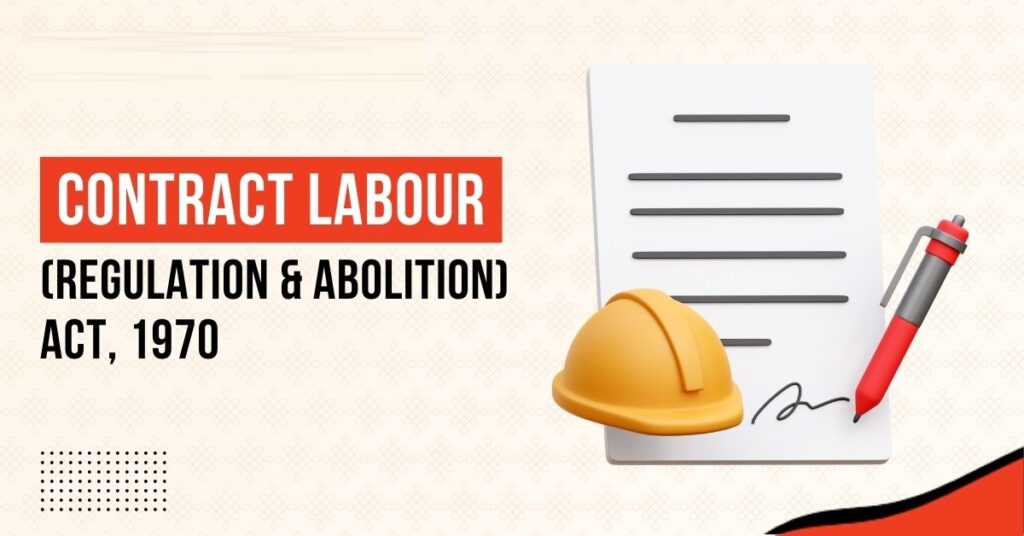Why the Best Professional Employer Organisations Are Crucial for Your Global Workforce
In today’s hyper-connected global economy, expansion isn’t a luxury—it’s a necessity. Ambitious companies no longer confine themselves to borders. They move fast, hire faster, and scale operations across time zones. But this global ambition hits a wall when compliance, payroll intricacies, local labour laws, and legal liabilities start piling up. That’s where the right Professional Employer Organisation (PEO) becomes not just helpful, but mission-critical. Let’s be clear—not all PEOs are built equal. The Cost of Choosing the Wrong PEO The global employment landscape is a minefield. A poorly-structured employment model can expose your business to: A low-cost, cookie-cutter PEO solution might promise the moon—but they rarely deliver it when it matters. And when things go wrong in a foreign jurisdiction, you’ll wish you had partnered with a firm that understands the nuances of your industry, your business model, and your target geography. What the Best PEOs Actually Do Differently Top-tier PEOs don’t just “hire and pay” on your behalf. They operate like stealth HR-command centres, empowering you to: They act as Employer of Record (EOR) partners, enabling your global workforce to function like an extension of your home team—with zero compromise on legal, financial, or operational control. You Deserve a Partner Who Understands the Stakes A true PEO partner is not just a service provider. They are a strategic enabler. You don’t need a vendor who simply processes payroll—you need one who anticipates cross-border compliance risks, ensures flawless local onboarding, and navigates jurisdictional red tape like second nature. Many fast-growth companies working across the US, Europe, India, and APAC have already discovered the advantage of partnering with agile, execution-driven EOR providers that don’t hide behind generic service lines. These firms work quietly in the background, powering teams in over 40+ countries, often going unnoticed—and that’s exactly how it should be. Because in global business, silence is efficiency. In Closing If your global workforce is your competitive edge, then your PEO is the edge on that edge. Choose one that doesn’t just keep you compliant—but one that helps you win. When expansion can’t wait, compliance can’t fail, and excellence can’t be compromised—you’ll know exactly who to call.
Why the Best Professional Employer Organisations Are Crucial for Your Global Workforce Read More »






